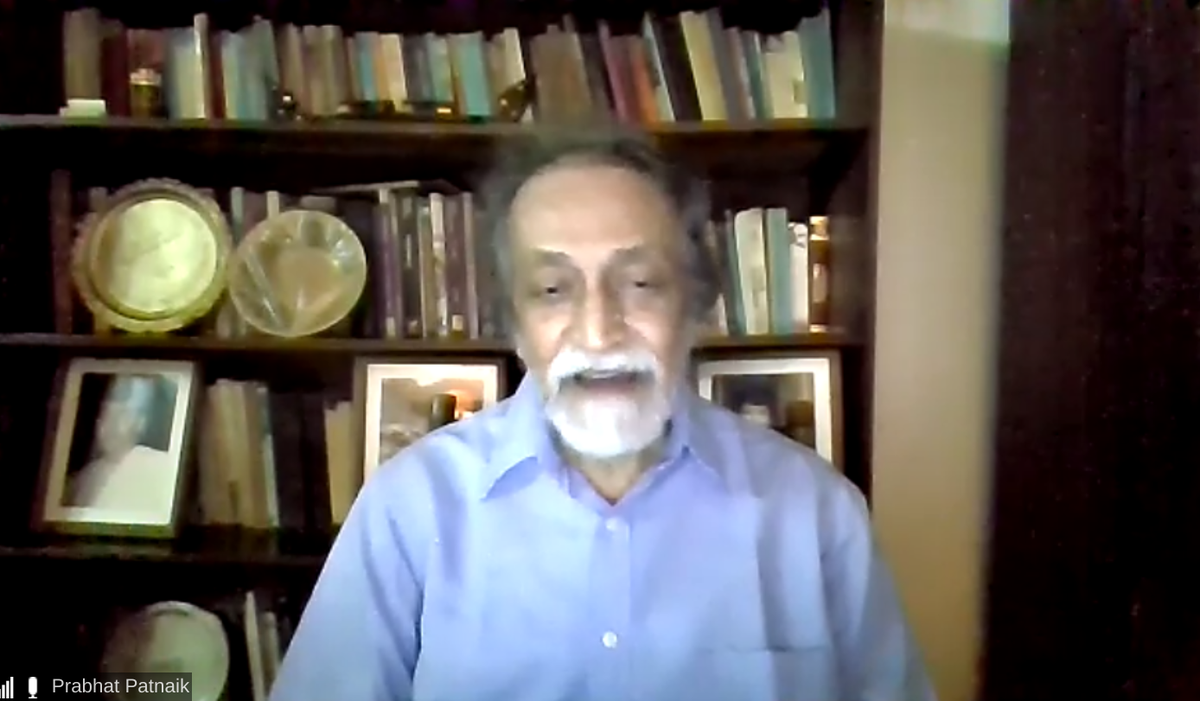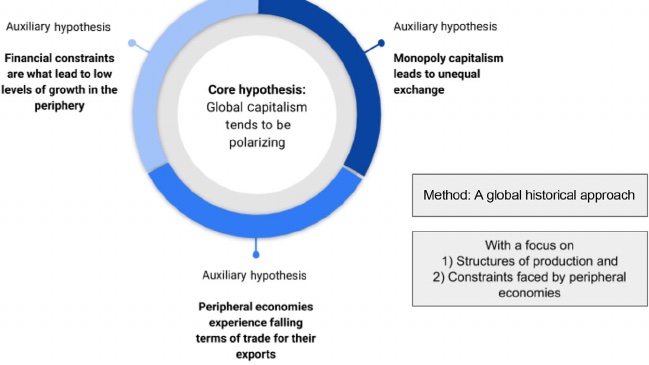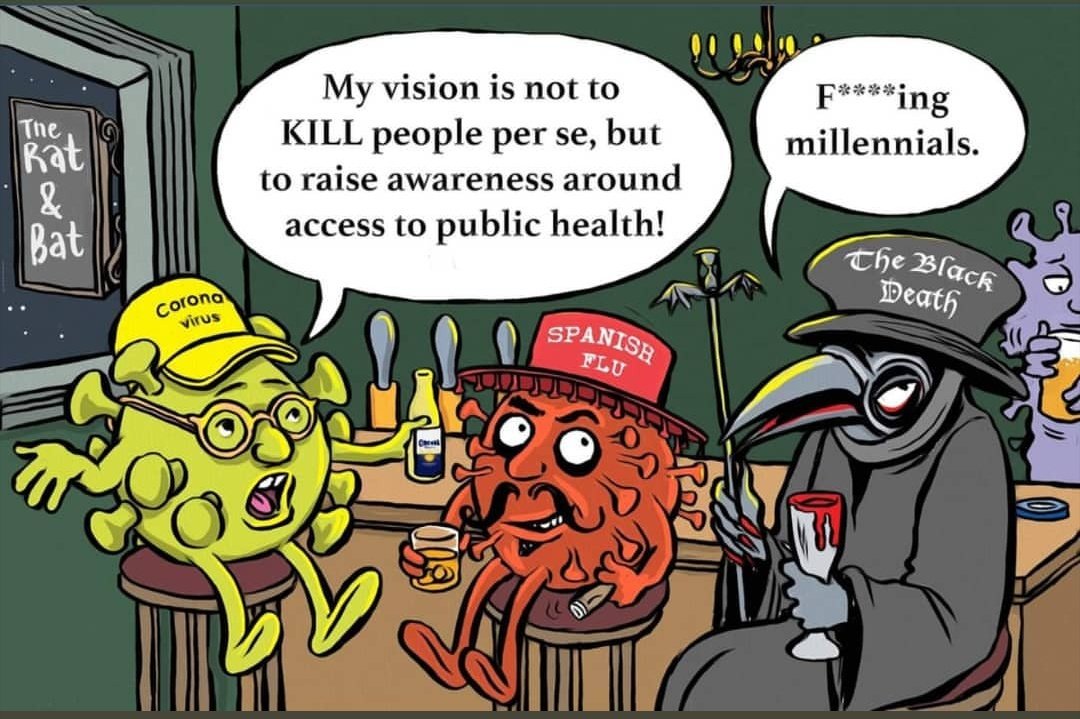
Econ deveopment, finance, imperialism, decolonizing economics. Critique of political economy. Editor @CriticalDev, co-founder @DivDecEcon, managing @hetecon.
How to get URL link on X (Twitter) App


 As Econ is increasingly being challenged for not adequately dealing with issues of racialization & imperialism, the "colonial turn" in economics that AJR represent seems to offer a defense. But they don't deal with the fundamental problem: the Eurocentric view of capitalism.
As Econ is increasingly being challenged for not adequately dealing with issues of racialization & imperialism, the "colonial turn" in economics that AJR represent seems to offer a defense. But they don't deal with the fundamental problem: the Eurocentric view of capitalism.

 Building on scholarship by Amin, Quijano, Sanyal, and feminist IPE, we see a radical decolonization agenda as one necessitates unpacking how dominant approaches may hinder the study of systemic processes associated with decolonization, such as structural racism and imperialism.
Building on scholarship by Amin, Quijano, Sanyal, and feminist IPE, we see a radical decolonization agenda as one necessitates unpacking how dominant approaches may hinder the study of systemic processes associated with decolonization, such as structural racism and imperialism.


 We engage with 2 main camps in the financialisation lit: 1) largely descriptive studies of how financial institutions, actors, motives & practices have expanded in recent decades (e.g. Krippner, Epstein), focusing on quantitative changes.
We engage with 2 main camps in the financialisation lit: 1) largely descriptive studies of how financial institutions, actors, motives & practices have expanded in recent decades (e.g. Krippner, Epstein), focusing on quantitative changes.
https://twitter.com/IliasAlami/status/1549645666380652544We identify how different heterodox & disciplinary traditions bring different strengths to the table for conceptualising how developing economies remain in a subordinate position in the global monetary and financial system, and how this shapes the ways in which finance operates.




 Prabhat Patnaik opens the plenary, speaking on globalization, inequality and economic crisis. #ahe2020
Prabhat Patnaik opens the plenary, speaking on globalization, inequality and economic crisis. #ahe2020 

https://twitter.com/ingridharvold/status/1287768589819420673Reis' paper rereads Prebisch's manifesto to break w/its economicism & eurocentrism. It denounces how racial & gender inequalities are at the root of the world system, mirroring the harmful relationship btwn patriarchy, racism & capitalism, which is more perverse in the periphery.
https://twitter.com/cacrisalves/status/1284047581211918336We look at how Econ moved from political economy analysis to an allegedly "exact science" & how this has led to a weakening of the discipline. We connect this to economists' tendency to see #COVID__19 as an "external" shock rather than as connected to our systems of production.+


 We are particularly excited about the confirmed plenary speakers thus far:
We are particularly excited about the confirmed plenary speakers thus far: